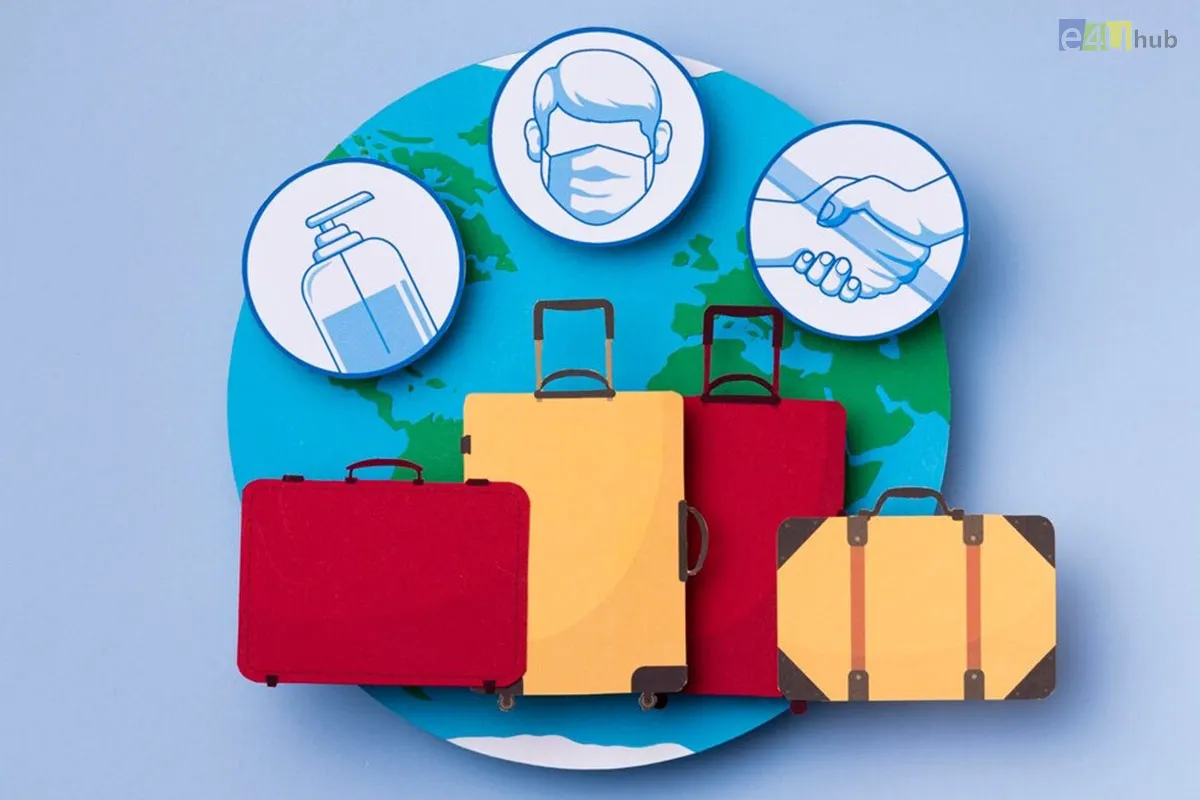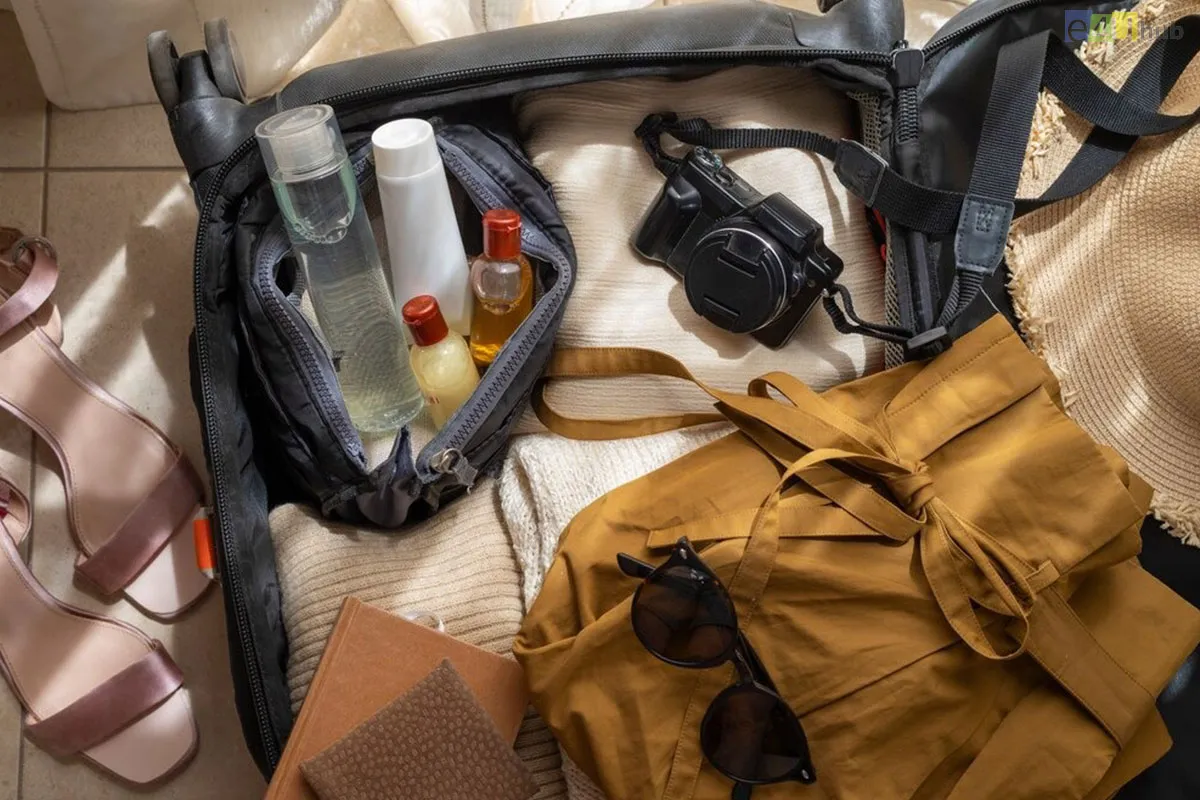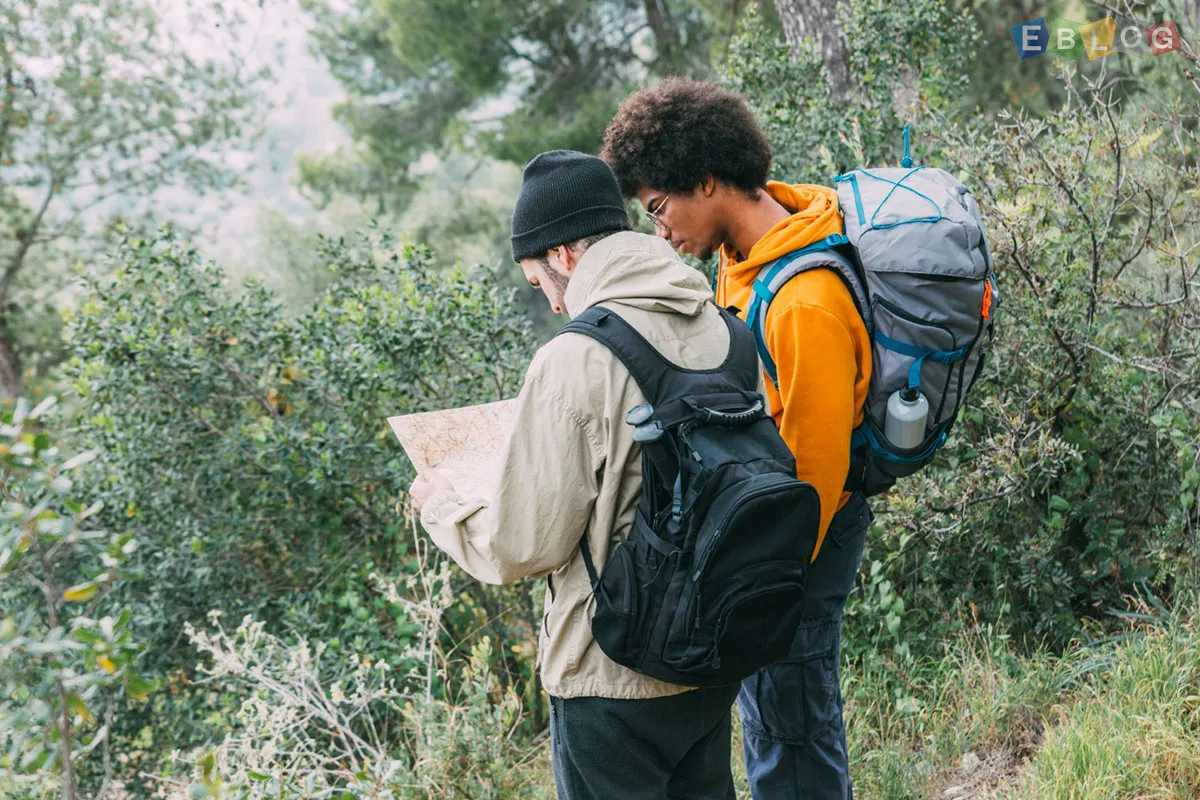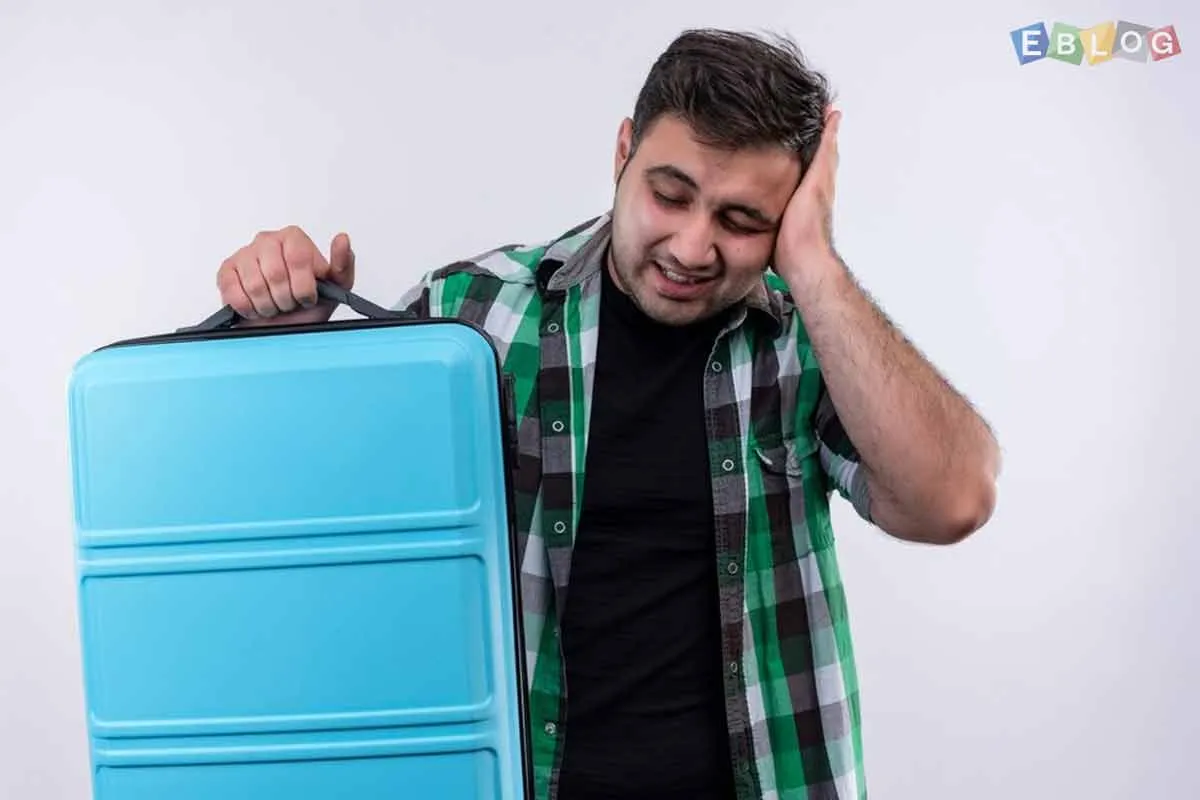
10 Essential Travel Safety Tips
- 20 Feb, 2024
- Travel
- 373 Views
- 0 Comments
Traveling to new destinations is an exciting and enriching experience, but it's essential to prioritize safety and security wherever you go. Whether you're embarking on a solo backpacking trip or a family vacation, being prepared and aware of potential risks can help ensure a smooth and enjoyable journey. In this blog, we'll outline ten essential travel safety tips to help you stay safe and secure while exploring the world.
1. Research Your Destination:
Before you travel, take the time to research your destination thoroughly. Familiarize yourself with local customs, laws, and potential safety concerns. Check travel advisories and government websites for any alerts or warnings related to your destination.
2. Stay Informed:
Keep yourself updated on current events and developments in the region you're visiting. Subscribe to travel alerts and notifications from reputable sources to stay informed about any potential risks or disruptions to your travel plans.
3. Share Your Itinerary:
Let someone you trust know your travel itinerary, including your accommodation details, transportation plans, and contact information. In case of an emergency, this information will be invaluable for your loved ones and authorities to locate you quickly.
4. Secure Your Belongings:
Keep your valuables secure at all times, especially in crowded or touristy areas. Invest in a secure travel wallet or money belt to store your cash, credit cards, and passport. Avoid carrying large amounts of cash and only take what you need for the day.
5. Be Mindful of Scams:
Be wary of scams and petty theft targeting tourists, such as pickpocketing, distraction techniques, and fraudulent schemes. Stay vigilant in crowded places, tourist attractions, and public transportation hubs. Keep your belongings close and avoid displaying expensive items like cameras or jewelry.
6. Stay Connected:
Ensure you have reliable means of communication while traveling, such as a mobile phone with international roaming or a local SIM card. Keep emergency contact numbers handy, including local emergency services, your country's embassy or consulate, and your travel insurance provider.
7. Practice Safe Transportation:
Choose reputable transportation options and prioritize safety over cost. Use licensed taxis or rideshare services, and avoid accepting rides from strangers. If driving, familiarize yourself with local traffic laws and road conditions, and always wear a seatbelt.
8. Protect Your Health:
Take necessary precautions to protect your health while traveling, including vaccinations, medications, and travel insurance. Stay hydrated, practice good hygiene, and be mindful of food and water safety to avoid gastrointestinal issues.
9. Trust Your Instincts:
Listen to your gut instincts and avoid situations or people that make you feel uncomfortable or unsafe. If you find yourself in a risky situation, remove yourself from it as quickly and discreetly as possible.
10. Stay Flexible:
Be prepared for unexpected changes or disruptions to your travel plans, such as weather delays, transportation strikes, or political unrest. Maintain a flexible itinerary and have contingency plans in place to adapt to unforeseen circumstances.
Conclusion:
By following these essential travel safety tips, you can minimize risks and maximize your enjoyment during your travels. Remember that safety should always be your top priority, and taking proactive measures to stay safe will ensure a memorable and worry-free travel experience. So pack your bags, embark on your adventure, and travel with confidence knowing that you're well-prepared to handle whatever comes your way. Safe travels!















Leave a Reply